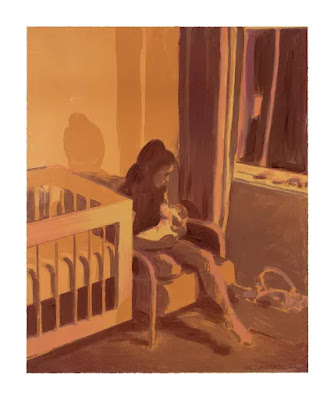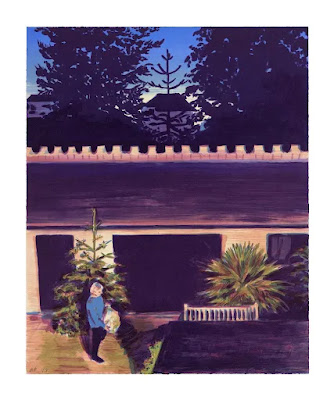Really fascinating novella that exposes Tolstoy’s conflicted feelings about the dangers of love and marriage. For every “progressive” insight into the emotions stirred up by love (lust, jealousy, possession, oppressive monogamy), comes a set of propositions that sex and love are dangerous and only a life of celibacy can ensure murderous rage and immoral acts are dodged. Tolstoy’s fear of marriage and sex (and his insistence that women do not enjoy sex and are thus degraded by having to succumb to the carnal needs of men) is further illustrated in his manifesto-like sequel that follows the main narrative.
An example:
Doris Lessing’s preface is also highly entertaining wherein she chronicles a speculative comedic, clumsy, and messy (breast milk) sex scene in the Tolstoy household between the author and his wife, hypothesises that perhaps Tolstoy was bad in bed.

















































